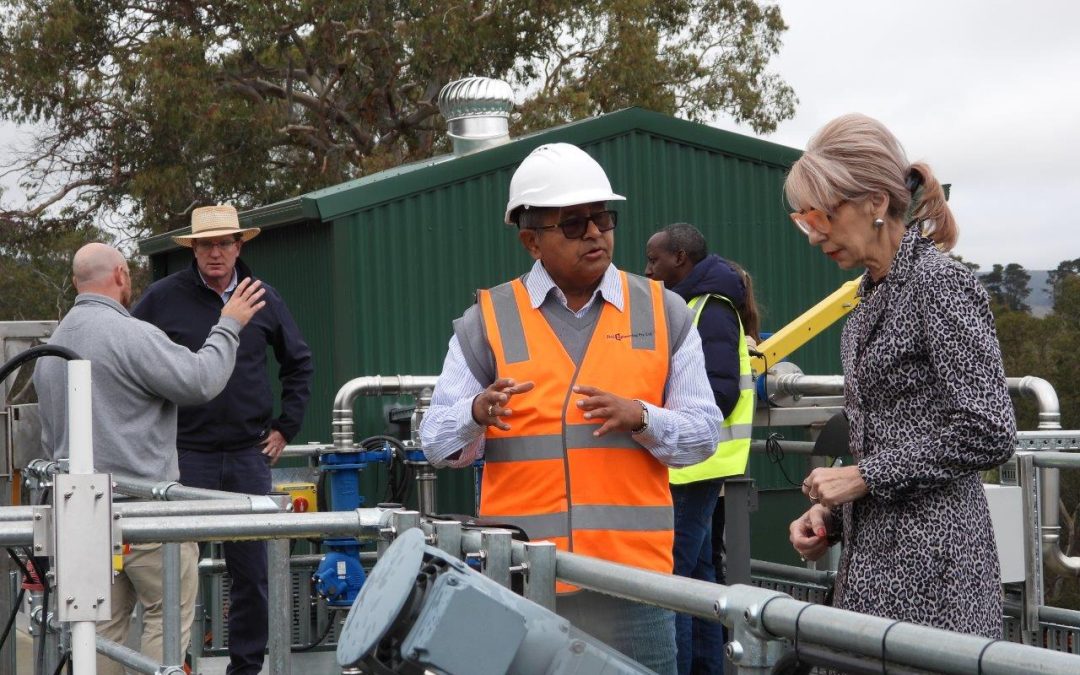A UN expert has called for a fundamental rethink of the scope and practice of counter-terrorism in complex conflict and fragile contexts to prevent long-term peace and security objectives being undermined.
In her report to the General Assembly, Fionnuala Ní Aoláin, UN Special Rapporteur on the promotion and protection of human rights and fundamental freedoms while countering terrorism, warned that counter-terrorism action was expanding in multiple conflict sites and the demand-driven model of counter-terrorism was undermining efforts to sustain peace and security in different contexts.
“Member States must focus on the conditions and causes that produce armed conflict, systemic violence and terrorism in society. The solutions to armed conflict must be comprehensive, holistic and inclusive,” Ní Aoláin said.
The Special Rapporteur warned that there was a growing tendency by States, regional organisations and the UN to lead with counter-terrorism in conflict sites. “In these contexts, where limited governance, rule of law abuses, economic disenfranchisement, minority exclusions and gendered harms are rife, these counter-terrorism measures exacerbate cycles of violence,” the expert said.
“Advancing peace means being willing to pay for and invest in peace,” Ní Aoláin said.
Her report identified deep tensions and contradictions in counter-terrorism investments that have not yielded on the prevention of violence and the advancement of peace. Only sustained political and financial investments in the values that drive ‘Our Common Agenda’ will provide the long-term, and sorely needed exit strategies from sustained and cyclical violence including terrorism in many societies, the expert said.
The report also affirmed key aspects of the Women, Peace and Security Agenda urging States to place the advancement of women’s equal rights and fundamental freedoms at the heart of their peace and security policies and practice. “Situations of insecurity, conflict, and fragility increasingly overlap with the implementation of counter-terrorism policy and practice, and women experience the frontline effects of this reality,” the expert said.
The Special Rapporteur’s report also highlighted numerous obstacles that counter-terrorism places on conflict mediation, conflict negotiations and embedding the end of violence in local communities.
Ní Aoláin called for urgent solutions to the problems posed by framing complex conflicts as terrorism situations, the unreflective proscription of non-state armed groups, lack of effective humanitarian exemptions in counter-terrorism sanctions regimes, targeting of civil society under the guise of countering terrorism and the profound lack of accountability for serious violations of international law committed by terrorist groups.
“Two decades after 9/11, counter-terrorism practice has not delivered peace and security, and indeed appears to make things worse on the ground,” the Special Rapporteur said. “The UN and Member States must go back to basics, focus on the values of the Charter, and use its core commitment to delivering peace and security for the “peoples” of the world.”








